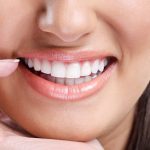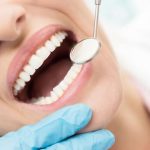Teeth Troubles? Learn How to Fix Them with These Proven Tips

Maintaining good oral hygiene and healthy teeth is crucial not only for your confidence but also for your overall health. From cavities and gum disease to tooth decay and bad breath, there are many teeth-related problems you might experience throughout your life. However, with the right knowledge and practices, you can prevent or fix most of these issues and enjoy a bright, healthy smile. In this article, we will share some proven tips and strategies to help you fix and prevent teeth troubles. Whether you’re struggling with yellow teeth, sensitive gums, or any other dental problem, these tips will help you take control of your oral health and enjoy a beautiful, healthy smile that will last a lifetime. So, let’s get started and explore some simple yet effective ways to keep your teeth and gums in top shape.
Teeth problems are one of the most common health concerns affecting people of all ages. Tooth decay, also known as cavities, is caused by bacteria that produce acid and erode the tooth enamel. Gum disease, or periodontitis, is a condition that affects the gums and the bone that supports the teeth, leading to tooth loss if not treated. Tooth sensitivity, caused by exposed dentin or enamel, can cause discomfort when consuming hot or cold foods and beverages. Bruxism, or teeth grinding, can lead to worn-down teeth, headaches, and jaw pain. Finally, tooth discoloration can be caused by aging, smoking, or consuming certain foods and drinks. Proper oral hygiene, regular dental check-ups, and a healthy diet can help prevent and address these common teeth problems.
Maintaining Good Oral Hygiene

Good oral hygiene is essential for maintaining healthy teeth and gums. Neglecting your oral health can lead to a host of dental problems, such as cavities, gum disease, and tooth loss. To maintain good oral hygiene, it is important to brush your teeth twice a day with fluoride toothpaste and floss at least once a day to remove any food particles and plaque that may have accumulated between your teeth. Additionally, using an antiseptic mouthwash can help kill any bacteria that may be lingering in your mouth, freshening your breath and promoting healthy gums. Another important aspect of maintaining good oral hygiene is eating a healthy diet that is rich in vitamins and minerals. Eating a balanced diet that includes plenty of fruits, vegetables, and whole grains can help strengthen your teeth and gums, while limiting sugary and acidic foods and beverages can help prevent tooth decay and erosion. Finally, scheduling regular dental checkups and cleanings every six months can help catch any potential problems early on, allowing your dentist to treat them before they become more serious. By following these simple steps, you can help ensure that your teeth and gums remain healthy and strong for years to come.
Brushing and flossing are two essential components of maintaining healthy teeth and gums. When it comes to brushing, it’s crucial to use the right technique to ensure you’re cleaning your teeth effectively. First, hold your toothbrush at a 45-degree angle to your gums and use gentle circular motions to brush the front, back, and top of each tooth. Don’t forget to brush your tongue and the roof of your mouth to remove any bacteria or debris. As for flossing, it can be challenging to get into the habit of doing it regularly, but it’s vital for removing plaque and food particles from between your teeth. Use about 18 inches of floss and wrap it around your fingers, gently sliding it between each tooth in a back-and-forth motion. With these techniques, you can keep your teeth and gums healthy and prevent common dental problems.
When it comes to maintaining optimal dental hygiene, using mouthwash and fluoride toothpaste are two essential steps. Mouthwash helps to kill bacteria that can lead to bad breath, gum disease, and tooth decay, while fluoride toothpaste strengthens teeth by remineralizing enamel and preventing cavities. It’s important to use mouthwash and fluoride toothpaste in conjunction with regular brushing and flossing for the best results. Additionally, it’s important to choose a mouthwash and toothpaste that are appropriate for your specific dental needs, such as sensitivity or gingivitis. Incorporating these two steps into your daily dental hygiene routine can help to prevent dental problems and keep your teeth and gums healthy.
Diet and Nutrition
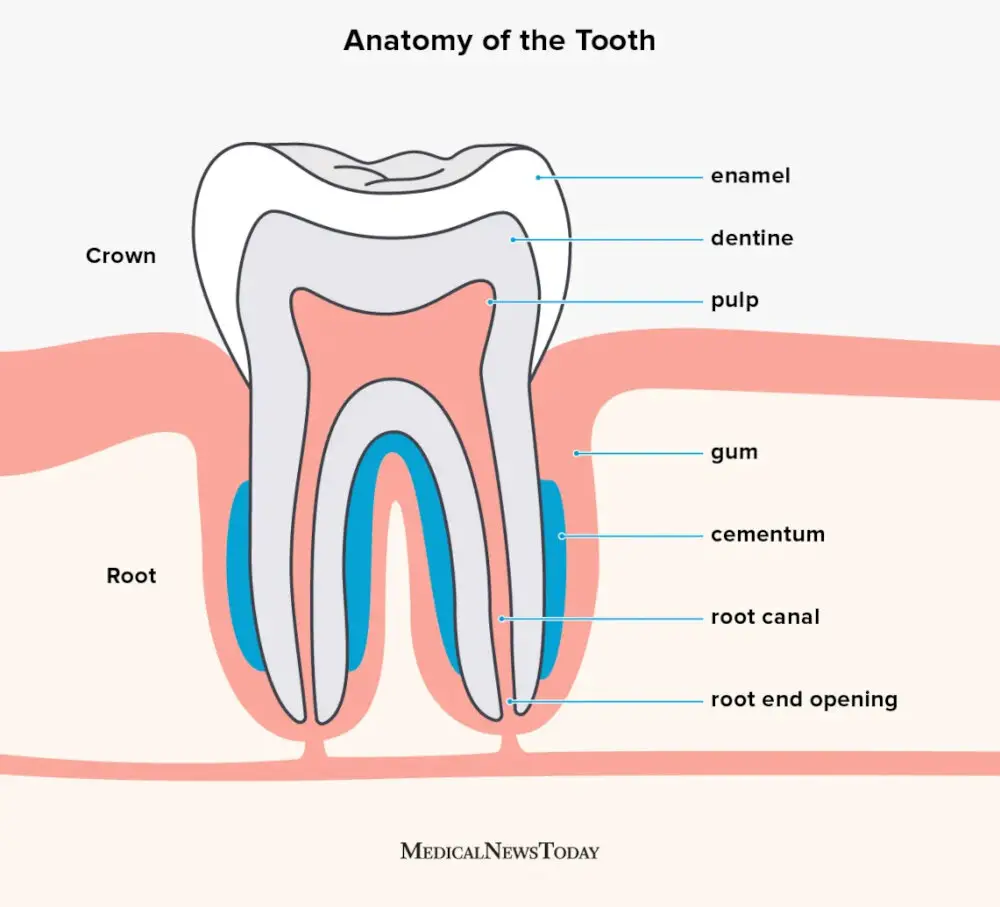
A healthy diet and proper nutrition are vital components of maintaining good oral health. Consuming a balanced diet that includes fruits, vegetables, lean proteins, and whole grains can help prevent tooth decay, gum disease, and other dental problems. Eating foods that are high in sugar and starches can contribute to the development of cavities and other dental issues. It is essential to limit the consumption of sugary drinks, snacks, and desserts to maintain optimal oral health. Additionally, drinking plenty of water can help rinse away food particles and bacteria from the mouth, which can help prevent tooth decay and gum disease. Proper nutrition is also essential for overall health, and it plays a significant role in maintaining healthy teeth and gums. Nutrients such as calcium, vitamin D, and phosphorus are essential for strong teeth and bones. These nutrients can be found in dairy products, leafy greens, nuts, and fortified cereals. Vitamin C is also crucial for gum health, and it can be found in fruits such as oranges and kiwis, as well as in vegetables like broccoli and red peppers. By incorporating a balanced and nutritious diet into your daily routine, you can help maintain good oral health and prevent dental problems.
When it comes to maintaining healthy teeth, it’s not just about brushing and flossing regularly. Your diet can also have a significant impact on the health of your teeth. Foods and drinks high in sugar and acid should be avoided as they can weaken the enamel on your teeth, leading to decay and cavities. This means steering clear of sugary drinks and snacks like soda, candy, and pastries. Acidic foods and drinks such as citrus fruits, tomatoes, and coffee can also erode tooth enamel, so it’s best to consume them in moderation or rinse your mouth with water after consuming them. By avoiding these harmful foods and drinks, you can help keep your teeth strong and healthy for years to come.
Taking care of our teeth is of utmost importance, but it’s not just about brushing and flossing. Consuming foods and drinks that promote healthy teeth can also make a big difference. Foods high in calcium, such as dairy products, leafy greens, and almonds, can strengthen tooth enamel and prevent decay. Crunchy fruits and vegetables, such as apples and carrots, can help clean teeth and stimulate saliva production, which neutralizes harmful acids in the mouth. Drinking plenty of water, especially fluoridated water, can also help maintain healthy teeth by washing away food particles and keeping the mouth hydrated. On the other hand, sugary and acidic foods and drinks should be avoided as they can erode tooth enamel and lead to cavities. By making smart food and drink choices, we can promote strong and healthy teeth for a lifetime.
Visiting the Dentist Regularly
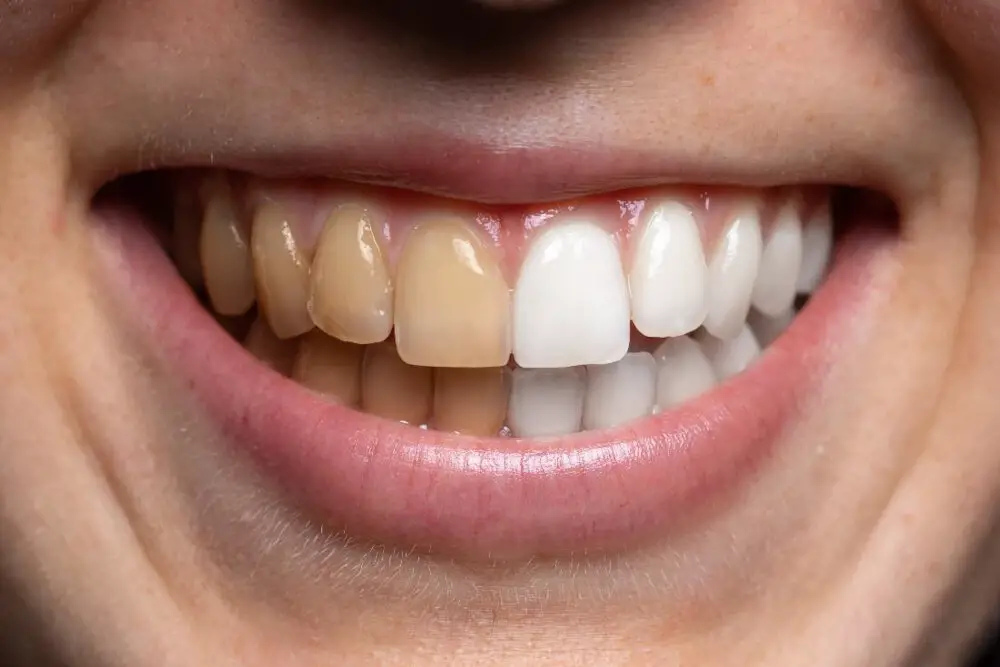
Visiting the dentist regularly is a crucial aspect of maintaining good oral health. Many of us neglect the importance of regular dental checkups, which can often lead to severe dental problems. Regular dental visits help in identifying and treating dental issues at an early stage, ultimately saving time, money, and discomfort. During a regular dental checkup, the dentist examines your teeth, gums, and mouth to identify any signs of decay, cavities, or gum disease. The dentist also cleans your teeth to remove any plaque or tartar buildup, which can lead to tooth decay and gum disease if left untreated. In addition to the above benefits, regular dental visits can also help in preventing serious health problems such as oral cancer. Dentists are trained to identify the early signs of oral cancer, which can often go unnoticed by patients. Early detection of oral cancer can significantly increase the chances of successful treatment, making it crucial to visit the dentist regularly. Moreover, dental visits provide patients with an opportunity to discuss their oral health concerns and receive expert advice on how to maintain good oral hygiene. Therefore, it is highly recommended to visit the dentist at least twice a year to ensure optimal oral health and prevent dental problems.
Regular dental checkups are essential for maintaining good oral health. Visiting a dentist at least twice a year can help prevent dental problems from getting worse, and catch any issues early on when they are easier to treat. During a dental checkup, a dentist can perform a thorough cleaning, check for cavities, gum disease, and oral cancer. They can also provide tips on how to improve oral hygiene and give recommendations for any necessary treatments. Neglecting regular dental checkups can lead to serious dental problems, including tooth loss, infection, and even systemic health issues such as heart disease. Therefore, it is crucial to prioritize regular dental checkups to ensure good oral health and overall wellbeing.
There are a variety of dental procedures and treatments that can help fix teeth troubles. Among the most common are fillings, which are used to repair cavities caused by tooth decay. Root canals are another common procedure, which involve removing damaged or infected tissue from inside the tooth to prevent further decay. For those looking to improve the appearance of their smile, there are cosmetic treatments like teeth whitening, veneers, and braces. Additionally, dental implants can replace missing teeth, while crowns and bridges can repair or replace damaged teeth. No matter the issue, there is likely a dental solution to help fix teeth troubles and restore a healthy, confident smile.
Dealing with Teeth Troubles
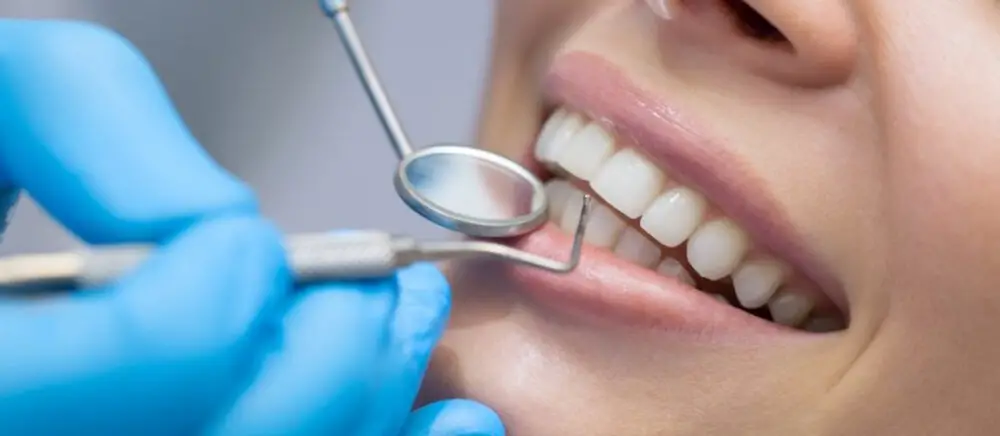
Dealing with teeth troubles can be a daunting task, especially when it comes to maintaining good oral hygiene. One of the most common teeth troubles is tooth decay. This occurs when bacteria in the mouth produce acid that breaks down the tooth’s enamel, leading to cavities. To prevent tooth decay, it is important to brush your teeth at least twice a day and floss daily. In addition, using mouthwash can help kill bacteria and freshen your breath. It is also important to limit sugary and acidic foods and drinks, as they can cause damage to your teeth. Regular visits to the dentist for cleanings and checkups are also crucial to maintaining good oral health. Another common teeth trouble is gum disease. This occurs when plaque builds up along the gum line, leading to inflammation and infection. Symptoms of gum disease include red, swollen gums, bleeding while brushing or flossing, and bad breath. To prevent gum disease, it is important to brush and floss regularly, as well as use an antiseptic mouthwash. Eating a healthy diet and avoiding tobacco products can also help prevent gum disease. If you notice any symptoms of gum disease, it is important to visit your dentist as soon as possible to prevent further damage to your teeth and gums.
Toothaches, sensitivity, and other common dental problems can be quite bothersome and impact your daily life. To handle toothaches, the first step is to rinse your mouth with warm salt water and apply a cold compress to the affected area. Over-the-counter pain relievers like ibuprofen can also provide temporary relief. For sensitivity, using toothpaste designed for sensitive teeth and avoiding acidic and sugary foods can help. Other common dental problems like cavities and gum disease can be prevented by maintaining good oral hygiene habits such as regular brushing, flossing, and dental check-ups. If the problem persists, it’s best to consult a dentist who can provide proper diagnosis and treatment.
Dental anxiety is a common condition that affects many people, and it can make it difficult to receive the dental care you need. Fortunately, there are several tips that can help you to manage dental anxiety and feel more comfortable during your appointments. One of the most effective strategies is to communicate with your dentist about your fears and concerns. This can help your dentist to adjust their approach and provide you with additional comfort measures, such as sedation or relaxation techniques. Other tips include practicing deep breathing exercises or visualization techniques during your appointment, bringing a trusted friend or family member with you for support, and using distraction techniques like listening to music or watching videos during your treatment. With these strategies in mind, you can overcome your dental anxiety and receive the high-quality dental care you need to keep your teeth healthy and strong.
Maintaining healthy teeth is crucial for overall oral health and to keep teeth troubles at bay. Regular brushing and flossing, preferably twice a day, is the foundation of good oral hygiene. Besides, limiting sugary and acidic foods and beverages, consuming a balanced diet, and drinking plenty of water helps prevent tooth decay and erosion. Regular dental checkups are equally important, as it allows dentists to identify and address any dental issues before they escalate. Finally, avoiding smoking or tobacco products and wearing a mouthguard while playing sports or other physical activities can also protect teeth from damage. By following these simple yet effective tips, you can maintain healthy teeth and achieve a beautiful smile for years to come.
Oral health is often overlooked in our busy lives, but it is essential for overall health and wellbeing. Neglecting oral health can lead to various dental problems, such as tooth decay, gum disease, and bad breath. To prioritize oral health, it is crucial to develop good dental habits, such as brushing twice a day, flossing regularly, and visiting the dentist for check-ups and cleanings. If you experience any dental problems, seeking professional help is crucial. Avoiding treatment can lead to more severe issues and can be costly in the long run. Therefore, it is essential to take care of your teeth and seek professional help promptly for any dental problems.
Conclusion

In conclusion, taking care of our teeth is crucial for our overall health and well-being. Neglecting our dental hygiene can lead to various teeth troubles such as cavities, gum disease, and even tooth loss. However, with the help of these proven tips, we can fix our teeth troubles and maintain a healthy smile. Regular brushing, flossing, and dental check-ups are essential, but we must also make lifestyle changes such as avoiding sugary foods and beverages and quitting smoking. Additionally, investing in teeth-friendly products like fluoride toothpaste and mouthwash can also make a significant difference. By incorporating these tips into our daily routine, we can prevent dental issues and enjoy a beautiful, healthy smile for years to come.




